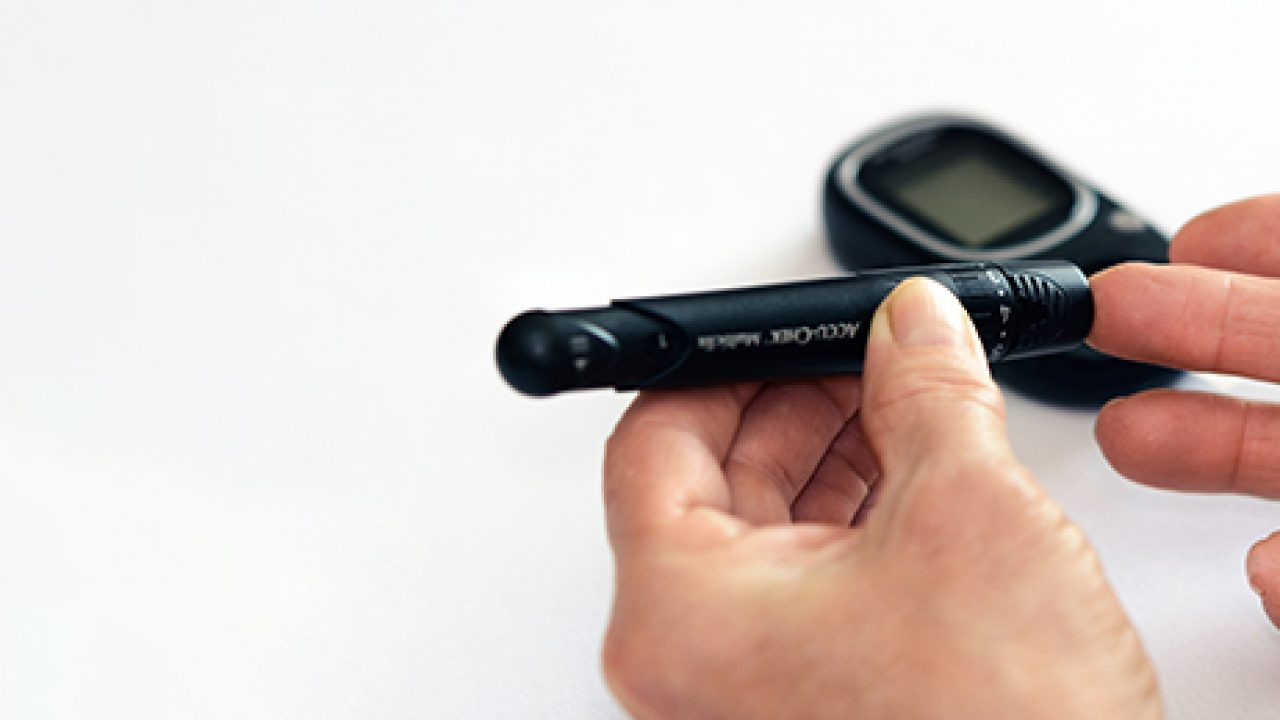Women with diabetes and high blood sugar levels not only have lower fertility rates, but they also have a higher risk of abortion and congenital foetal defects, Dr. Vidya V Bhat.
“Diabetes, if not managed well, is bad news for women trying to conceive,” said Dr. Vidya V Bhat, a leading Obstetrician and Gynecologist, Laparoscopic Surgeon, and IVF Specialist in Bengaluru. It causes hormonal disruption, which leads to delayed or failed implantation. It also raises the risk of genito-urinary infection, menstrual irregularities, egg not releasing from the ovary during the menstrual cycle (anovulation), PCOS, auto-immune response to eggs, and premature ovarian failure. All of this makes conception extremely difficult.”
According to the doctor, women with type 1/type 2 diabetes who have high blood sugar levels around the time of conception have a higher risk of abortion, congenital foetal defects, risk of delivering prematurely, high blood pressure disorder (pre-eclampsia), acid build-up in the blood (diabetic ketoacidosis), stillbirth, the baby in the womb growing much smaller (IUGR) or much larger (macroscopic) than expected, and increased risk of surgical.
“Diabetes in mothers is a risk for the baby growing in the womb as well,” Dr. Vidya V Bhat added. Uncontrolled blood sugar levels can result in embryonic malformations, congenital cardiac defects, central nervous system abnormalities, spinal and limb deformities, and renal and skeletal deformities. The baby may suffer from birth asphyxia and respiratory distress after delivery.”
Many precautions can be taken by diabetic women during pregnancy to reduce the risk to themselves and their developing baby. “They should continue insulin and medical nutrition therapy during pregnancy,” said Dr. Vidya V Bhat. They should monitor FBS and PPBS twice a week and maintain normal blood glucose levels of 95mg/dl for FBS and 140mg/dl for PPBS. It is critical to keep the woman’s glucose levels stable while also providing her with adequate nutrition. This can be accomplished by consuming total calories throughout the day through three meals and three snacks. Diabetic women should also be advised to avoid acid buildup in their blood due to starvation (ketoacidosis). They should also engage in regular aerobic exercise to improve insulin sensitivity.”
World Diabetes Day 2022: Date, Theme, History and Purpose
Pregnant diabetic women, according to Dr. Vidya Bhat, should receive good antenatal care, timely check-ups, and regular foetal growth monitoring, as well as early detection and treatment of medical and obstetrical complications. The patient should also be counselled regarding the daily foetal movement count. It is critical to plan the timing and mode of delivery, as well as to provide adequate neonatal care.
“Diabetic women can plan to get pregnant if their pre-conceptional HBA1C levels are normal (5-7%),” said Dr. Vidya Bhat. They should also have urine microscopy and renal function tests performed, as well as a peripheral neuropathy evaluation and an eye exam. Diabetes-related abnormalities cause a 6-10% increase in the incidence of anomalies in diabetic mothers’ infants, as well as increased mortality of the baby immediately before or after birth.”


















